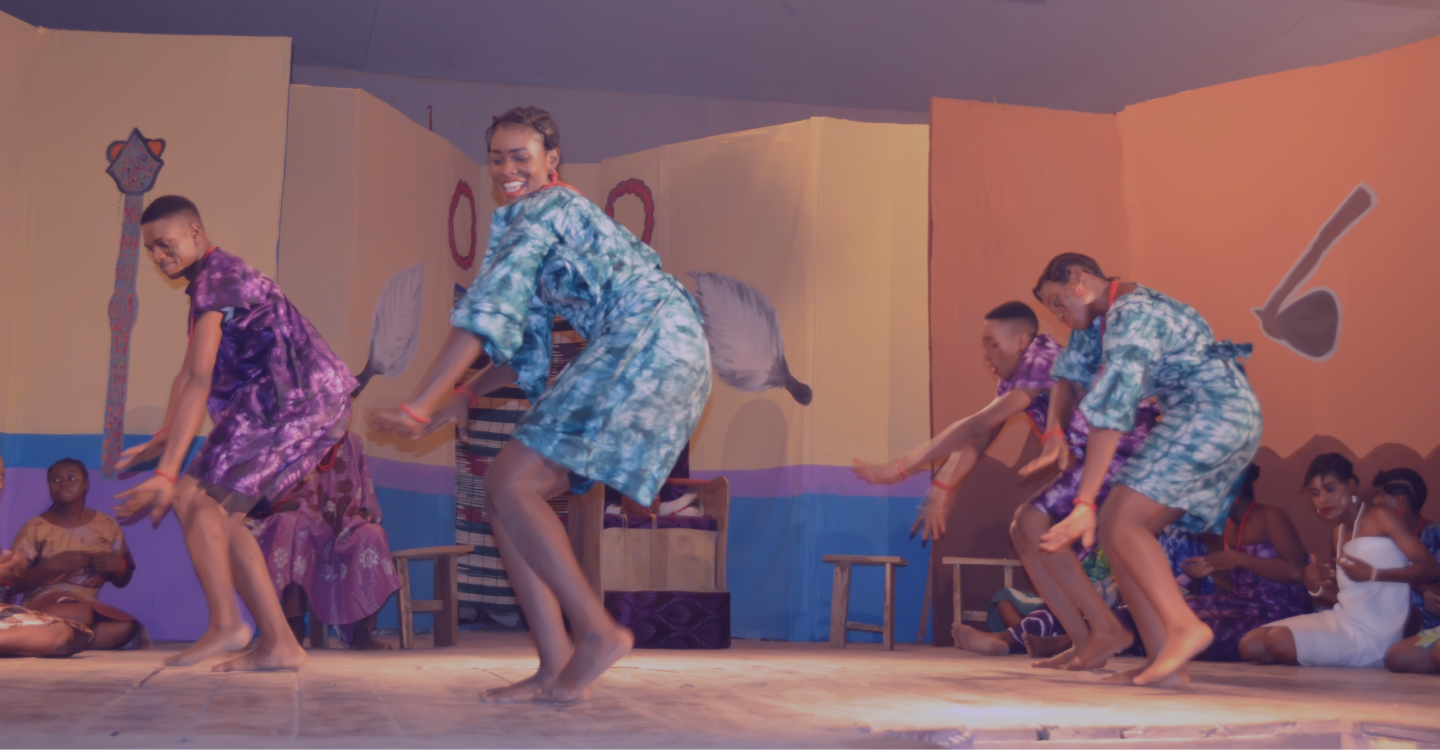
Who We Are
Cultural Studies and Creative Arts , has gained significant attention in the field of education and academia over the years. It is recognised as an important approach to teaching and learning that focuses on the intersection of culture, society, and power. With the growing diversity of the student population globally, it became germane to establish a Centre for Cultural Studies and Creative Arts , thereby promoting the use of culturally relevant pedagogy and providing resources and support for educators.
Our core focus is to cater for the yearnings and aspirations of our youths, particularly those who may indicate interest in Certificate, Diploma and subsequently, Postgraduate programmes in Cultural Studies and Creative Arts in the University.
The Centre for Cultural Studies and Creative Arts is poised to be a Centre for excellence with focused research, teaching and globalization of the rich, diverse and indigenous cultural heritage of Nigeria. The daily emergence of a slew of digital technologies further emphasized the urgency of the mandate to integrate the diversity of culture with the complexity of technology for the growing digital communities.

The recognition of Nigeria as a repository of ancient artefacts of diverse cultural lifestyles, the Centre is committed to the challenges of catching-up with digital domains through coordinated teaching, researching and innovation, thereby consolidating on the values of insight and excellence the University of Ilorin is known for. The study and restudy of culture shall be implemented on diverse fronts of pedagogy spanning history to geography, from indigenous medicine to literature, from technology to creative industries, from Museum to Archival Studies, from languages to proverbs, from indigenous cuisines to festivals, and from cosmologies to cosmogonies. The whole essence is to affirm what culture is. For what is cultural studies if it does not include in its purview the knowledge of history and traditions of the people and the philosophy, lifestyle, ancient and modern? Hence, when inquiries are made in muted tones about the activities at the Centre, the only reasonable response to be provided shall be our commitment to redefining the culture and creative arts of Nigeria’s past, present and future in all its ramifications leveraging on technological innovations for its relevance and preservation. For instance, our Museum and Archival Studies include collecting artefacts from traditional corpora, but it also includes organizing convocation exhibits of which the creative arts of renowned contemporary artists are showcased for ambient display of the class and gown.
The necessity for the Centre for Cultural Studies and Creative Arts in the University of Ilorin cannot be over emphasized, for the following reasons:
- Our generation, and particularly, our youths are gradually, but steadily disconnecting from their cultural heritage and overtly attracted and influenced by the foreign cultures;
- Most of our youths do not know their history, traditions, and indices of enculturation as Africans. These indices are rites of passage, dress modes, cuisines, oral genres, indigenous religion, arts and crafts, naming ceremonies, cosmologies, eschatology, monuments, sacred spaces/grooves, healing and medicine, traditional mediation/conflict resolution; and so on;
- The urgency and the need to raise a new generation of Africans that are, culturally proud, sensitive, sensible, compliant, and comfortably living it;
- The Centre has veritable and systematically structured programmes for pedagogies of intellectualisation, comparism of cultures and accommodation of cultural diversity, so that people can learn, internalise, practise and pass on, for continuity;
- It provides avenues and opportunities for international bodies and organisations to collaborate/partner with the University in areas of mutual interests;
- It will create job opportunities for graduates of the Centre and make some of them employers of labour; and
- The Centre will provide an opportunity for work-study programmes in the area of culture for students as envisioned by the University.

